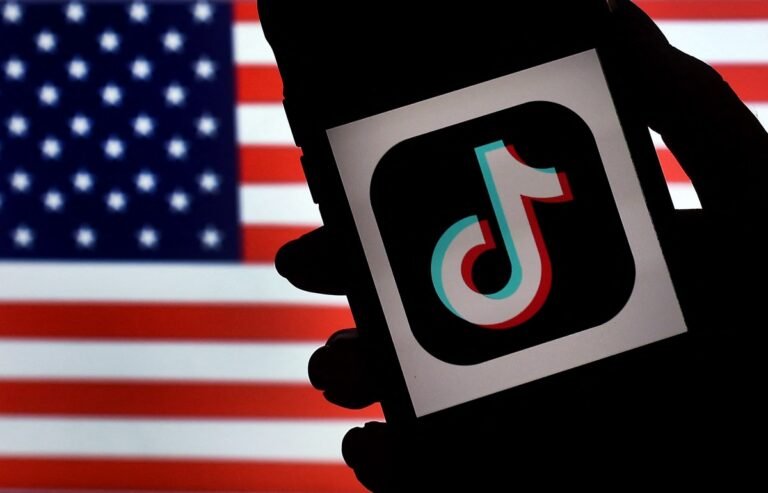A lawyer for TikTok argued before the Supreme Court on Friday that banning the social network would violate the First Amendment rights of TikTok and Americans. The Supreme Court heard arguments this morning on whether to overturn or delay a law that could effectively ban TikTok in the US
THE billofficially titled Protecting Americans from Controlled Apps by Foreign Adversaries, it gives TikTok parent company ByteDance until January 19, 2025, to divest its US operations or face a ban in the country. Friday’s session comes just nine days before the sell-or-ban deadline.
TikTok’s lawyer, Noel Francisco, made it clear that the social network will effectively shut down on January 19 unless the Supreme Court intervenes. He also cited President-elect Donald Trump’s support for the app.
“The platform is closing unless there is a divestment, unless President Trump exercises his authority to extend it,” Francisco said. “But, he can’t do that on January 19. On January 19th, we still have President Biden. And on January 19, as I understand it, we closed. It is possible that on January 20, 21, 22 we will find ourselves in a different world. Again, that’s one of the reasons why I think it makes perfect sense to issue a preliminary injunction here and just buy everybody some breathing room.”
Francisco argued that TikTok’s For You algorithm should be protected by free speech rights, as it represents the company’s editorial discretion over the content it distributes.
When asked if the problem with the sell-or-ban law is the limited time frame for divesting the social network, Francisco argued that divesting the app wouldn’t be possible on any timeline. TikTok has consistently argued that the sale is impossible because China would block the export of its algorithm. Francisco also claimed that TikTok would be a fundamentally different service if it didn’t have access to global creator content.
In addition, Francisco argued that a new version of TikTok in the US with a new algorithm would prohibit any kind of coordination with ByteDance’s global engineering team, and that a new version would have completely different content. Furthermore, he claimed that it would take years to rebuild a whole new engineering team and create a new version.
Jeffrey Fisher, a lawyer representing TikTok content creators, argued that the law also violates their rights and that they have the right to work with the publisher of their choice.
Last month, the Supreme Court agreed to hear ByteDance and TikTok’s challenge to the sell-or-ban law, despite Justice Department concerns that a delay would pose a continuing threat to national security. A week after the Supreme Court agreed to hear the case, lawyers representing President-elect Donald Trump asked the court to halt the ban.
In a filing, Trump’s lawyers argued that the sell-or-ban deadline, which comes one day before his inauguration, is “unfortunate” and interferes with his “ability to manage the foreign policy of the United States.”
Although Trump was the one who started calls to ban the app during his first term, he took a different approach during his 2024 campaign and promised to save the app if elected.
President Biden signed the sell-or-ban law in April 2024. The bill followed years of allegations by the US government that TikTok’s ties to China are a national security risk and that it exposes sensitive information of Americans to the Chinese government.
If ByteDance fails to sell the platform by January 19, it will be illegal for app stores and web hosting services to distribute the social network.
